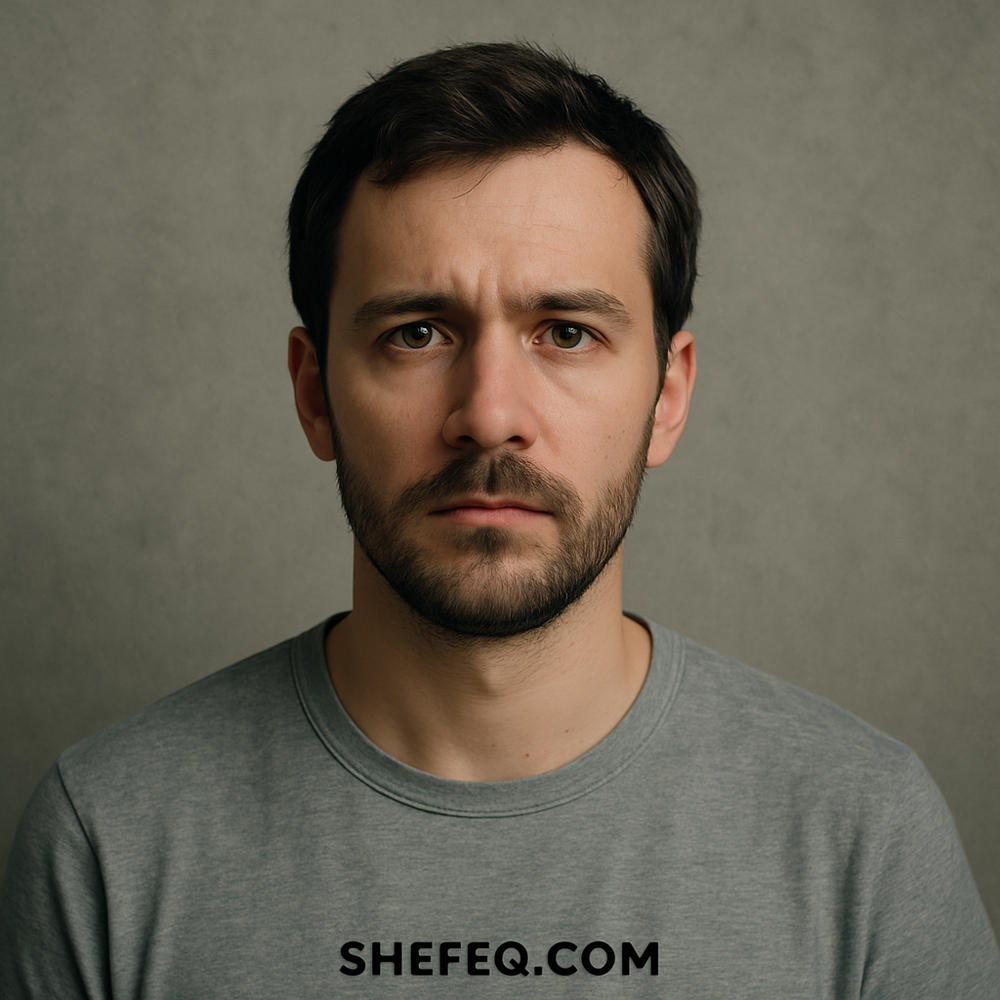– The Story of a Silent Society Where Pain Becomes Personality
I. INTRODUCTION: The Human Hidden Behind Labels
We often judge a person quickly as “good” or “bad” based on their behavior. As if a human being is made of just two colors—white or black. But it’s not that simple. We might call someone a “traitor”, another “dangerous”, and someone else “cold”—without understanding why.
But what hides behind such behaviors?
Maybe once there was a silenced child, a little girl longing for love, or a teenager who closed off because of a hunger for attention.
It’s entirely possible that within those we label “bad” lies pain—deep, unhealed pain that silently screams.
II. FORMS OF UNHEALED PAIN
1. Emotional Cracks in Childhood
Many people think only physical abuse causes trauma. But emotional absence, being misunderstood, and growing up in shame are forms of pain that corrode the soul from within.
A child who never hears the words “I love you” begins to question their own worth.
2. Fear of Abandonment and Its Consequences
Most of us have said goodbye to someone at least once in life. But for some people, that goodbye is like death inside. They no longer let anyone get close.
The result? People who appear cold, distant, and “emotionless.”
3. Not Being Accepted
Not being loved as you truly are alienates a person from themselves. That’s when the masks come on—some become harsh to appear strong, some hide behind constant jokes.
But deep down, a little child is crying...
III. PSYCHOLOGICAL LINK: PAIN AND BEHAVIORAL OUTCOMES
1. Trauma and Personality Disorders
Unhealed pain can lead to narcissism, antisocial personality disorder, or borderline personality traits.
But these diagnoses are only the result—the cause is often hidden trauma.
2. Projection and Defense Mechanisms
Some people project their pain onto others.
Someone who doesn’t love themselves belittles others.
Someone who feels worthless clings to criticism.
This isn’t evil intention—it’s a shield built to hide inner wounds.
IV. “BAD PERSON” IN SOCIAL AND CULTURAL CONTEXTS
1. Demonization in Media and Society
Criminals, cheaters, those who abandon families—they are immediately labeled as “bad.”
But who ever bothers to ask about their story?
2. Culture of Punishment vs Lack of Empathy
Society is quick to punish, but slow to understand.
Maybe what some people need is not punishment, but healing.
Not rejection, but a space to repent and be heard.
3. Social Trauma: The Environment Hurts Too
Poverty, war, migration, and injustice can shape people into being angry, helpless, even dangerous.
Pain isn’t just personal—it belongs to the society too.
V. PHILOSOPHICAL VIEW: GOOD AND EVIL ARE RELATIVE
1. Dostoevsky and the Concept of “Sin”
Dostoevsky once wrote: “Even the worst person wants to be loved. They’ve just forgotten what love feels like.”
His characters often commit wrongs—but beneath that, they are tortured souls.
2. Western vs Eastern Thought on Morality
The West often sees morality in strict dualities: good vs bad.
But in Eastern philosophies—especially Islam and Buddhism—a human is seen as a process: someone who is constantly evolving, capable of repentance, growth, and transformation.
VI. LEARNING TO COPE WITH PAIN
1. Personal Growth Tools
-
Psychotherapy
-
Facing repressed memories
-
Keeping a journal of self-reflection
-
Listening to your “inner child”
2. Societal Support Systems
-
Emotional support programs in schools
-
Family education and awareness
-
Empathy-based justice systems
-
Mental health public education
VII. CONCLUSION: People Are Not Born Bad—They Become That Way
People don’t just “turn bad” overnight.
They freeze in their pain. When that pain isn’t expressed, it becomes behavior.
This essay doesn’t seek to justify cruelty—but to understand it.
Because every time we call someone “bad”, we may be ignoring a pain that has never been heard.
QUESTION & REFLECTION
Do you believe that behaviors we label as “bad” are rooted in unhealed emotional wounds, childhood trauma, or the absence of love?
Have you ever listened to the story of someone you thought was “bad” and realized they were just deeply wounded?
Share your thoughts with us.
Sometimes, understanding someone is the first step toward changing everything.

